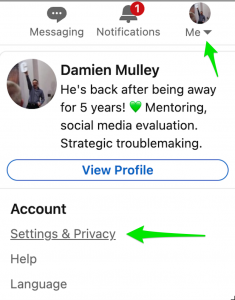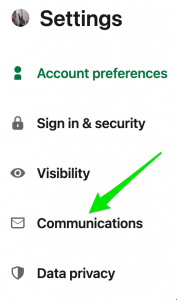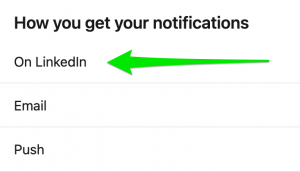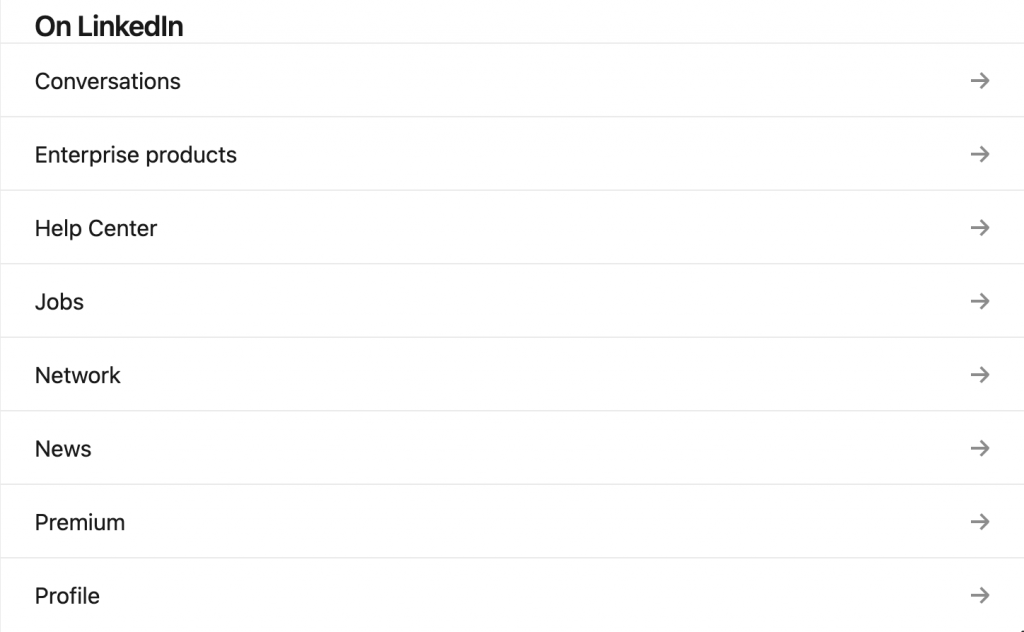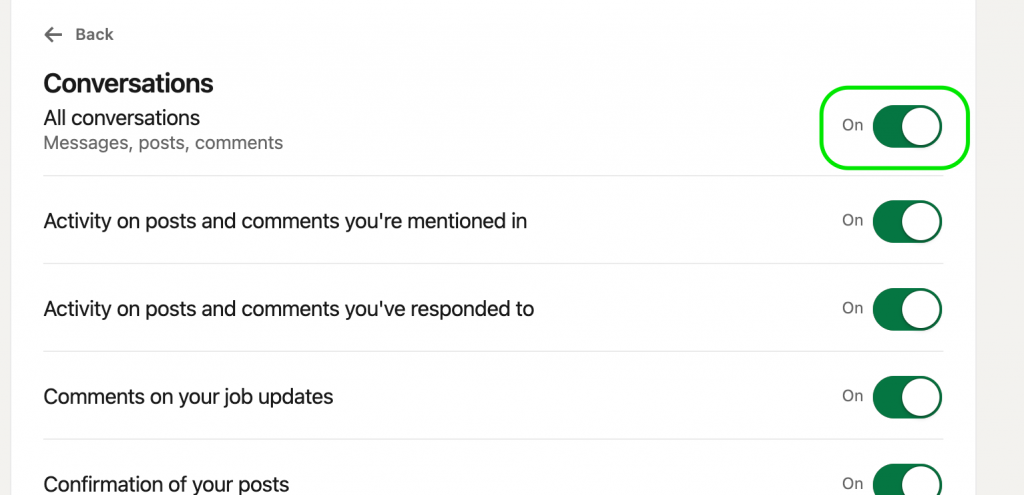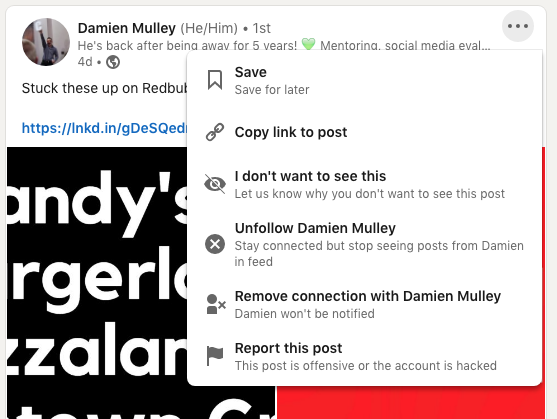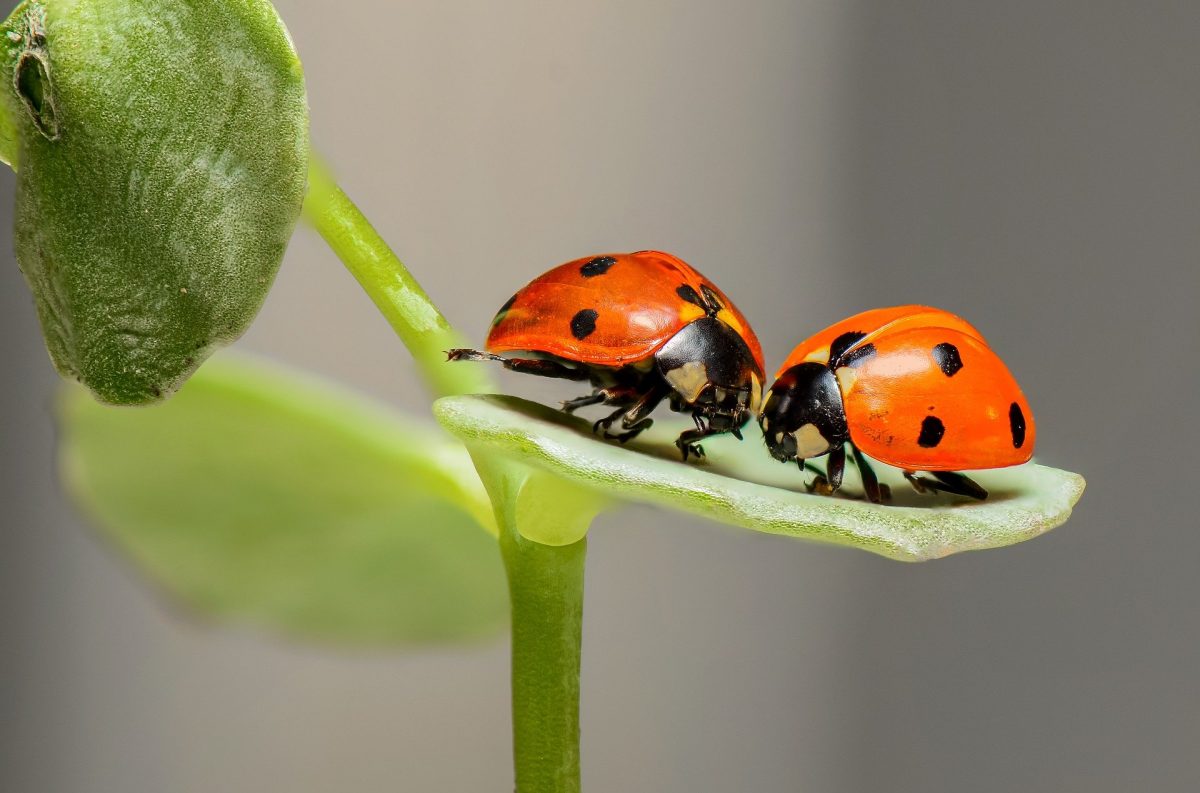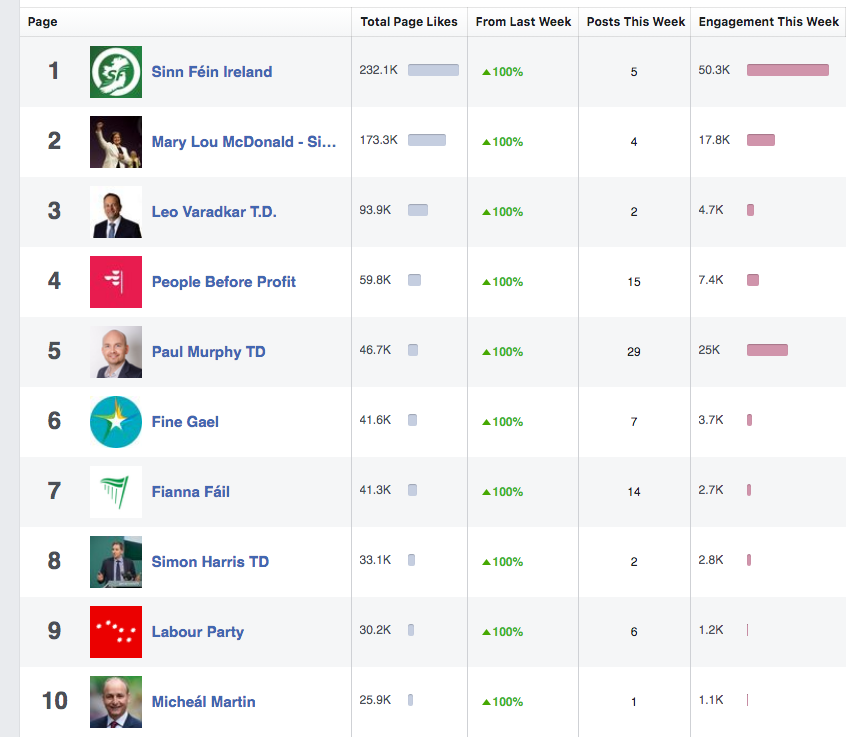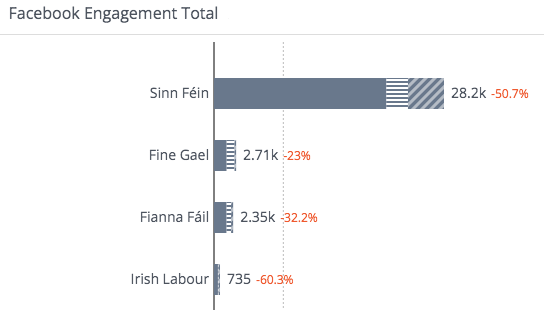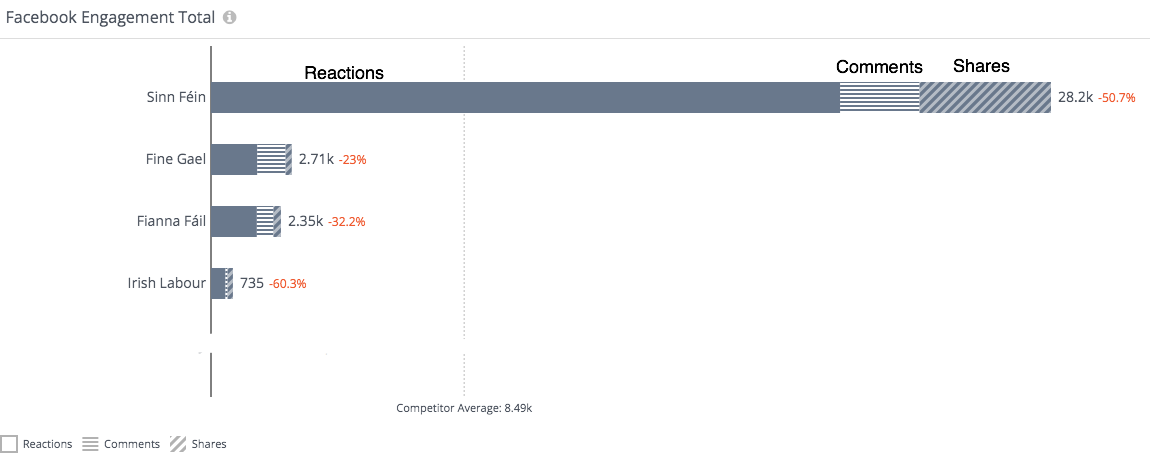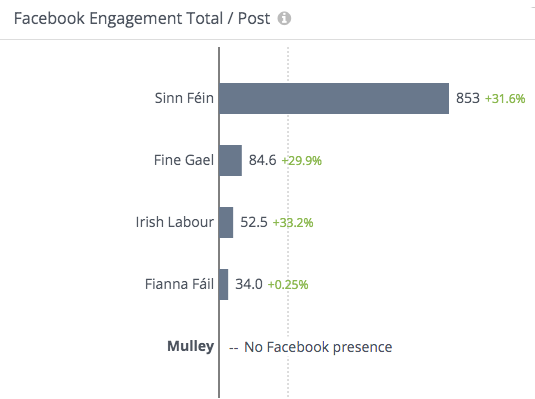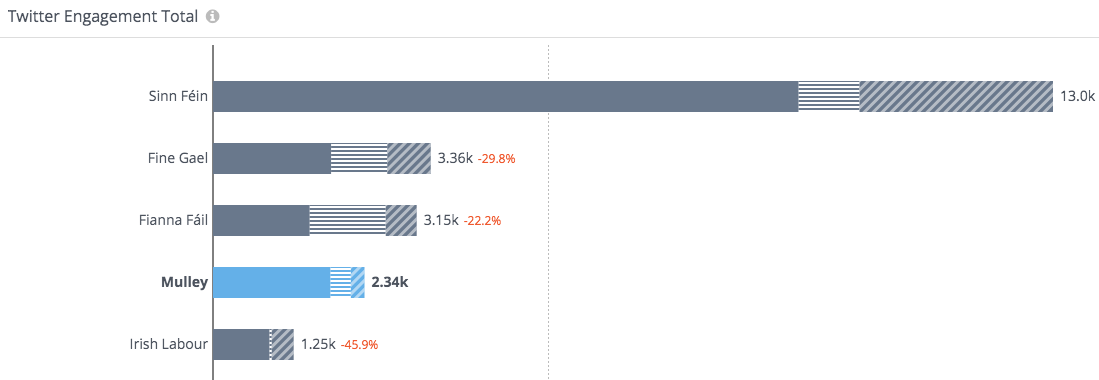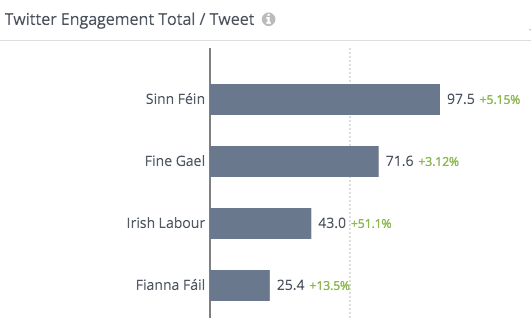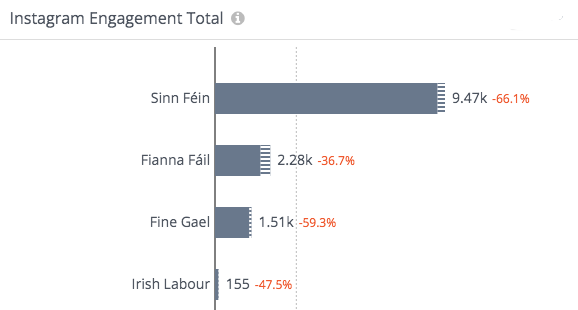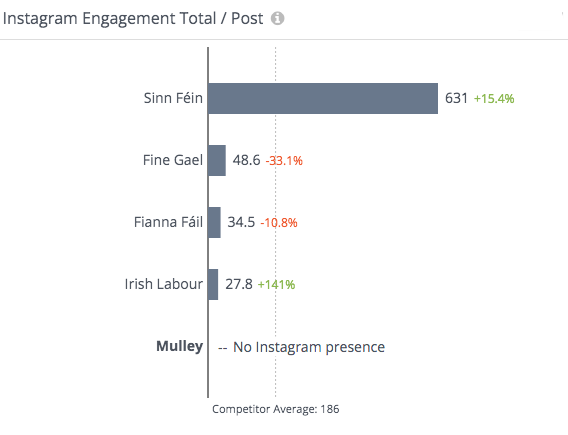Running a business together – Our Experiences
Thanks to everyone who answered my questions on this and your patience waiting for me to set it live.
Tell me about your business
Margaret and Alec – Climatech
Refrigeration and Air Conditioning. Mostly Industrial and Pharmaceutical.
Graham and Daithí – The Cupcake Bloke
We’re a sweet Bakery and opened our retail shop in 2018. Known for Cupcakes, Tea Bracks, Soda Breads and our reworking of “retro” biscuits. In the shop we have an added focus on small Irish food producers with a selection of Cheese, Jams, Honey, Chocolate, Coffee and more from artisans.
Audrey & Abi – WeirdWatercolours
We design, illustrate, paint and print eco friendly, meme inspired greetings cards for any occasion www.weirdwatercolours.com
Joanne and Dave – Devhaus
Owner of a software development company
Anna and Orla – Valentia Island Vermouth
Our business is Valentia Island Vermouth. We are the first Irish vermouth and we launched on the 14th of July 2021!
James and Eoin – Faerly.ie
Faerly.ie is an online sustainable store and we sell products from small Irish makers and independent brands that are natural, handmade, ethical and sustainable. We’re had a rollercoaster year since we launched and were thrilled in our first year to win the Repak National Online Green Packaging Award and to be a finalist for the Retail Excellence Online Store of the Year award. You’ll find us at www.faerly.ie
Why did you decide to work together?
Anna and Orla – Valentia Island Vermouth
We had an immersive theatre events company together in the UK so by starting another business together I guess we are obvs gluttons for punishment 😉
Audrey & Abi – WeirdWatercolours
We ended up isolating together in March 2020 after going on a date and reuniting after 6 years. We are both creatives and wanted to keep busy during the first lock down. We started doing live drawing over Instagram and getting viewers to join in and after a few evenings of this WeirdWatercolours was born and people started asking if they could purchase our work.
Margaret and Alec – Climatech
Our skills complement each other and we both had a vested interest in making it a success. We work really well as a team in our personal life so extended that to our business.c
Graham and Daithí – The Cupcake Bloke
Necessity. D had been laid off in June and returned to college, Graham was made redundant the same November, we had to do something. We had been thinking of our own business so had looked at premises etc but it was researching for the future. Literally the morning after Graham was told of his redundancy we got a phone call offering a kitchen space, a second offering an industrial oven and a third offering stainless steel work benches – we hadn’t told anyone, ANYONE, our news so it floored us. We jumped at all three offers and decided to give the business a shot. Coincidence, fate, someone looking down on us, whatever, the universe was making something possible we had to go with it.
James and Eoin – Faerly.ie
I’d been working in a large multinational for 10 years. A secure job and a great company to work for but I was ready for a change. I’d an idea in my head for a business for a long time but never acted on it. The usual, never had the time…….
Well, working from home during the first lockdown and suddenly having no daily commute, as well as our social life vanishing, I suddenly had the time and space to really explore it and actually do it. I started thinking about it seriously in March of 2020 at the start of the first lockdown and by May I had decided to go for it and started setting up the business in earnest. I did a ‘Start Your Own Business Course’ online with my Local Enterprise Office.
Our whole ethos is sustainability and we wanted our business to be properly sustainable for us. So rather than going big and borrowing money, renting space etc. we decided instead to do everything ourselves and keep it small, setting it up from our home. I’m not sure if I would have definitely made the leap to do it if Eoin hadn’t literally pushed me.
Joanne and Dave – Devhaus
It was mostly circumstance, having moved from an urban to a rural environment and starting a family, it made sense to do what we could to cut out the hours long commute to the city. Dave had gone from being a sole trader to establishing a limited company with a business partner, and that relationship didn’t work out. I was a social worker in dublin and similar opportunities were not available to me locally so I stepped in as a director of Devhaus in 2013.
Do you do different tasks in the business?
James and Eoin – Faerly.ie
Very much. I work full time in the business now and I look after all the business side of things, accounts, marketing, purchasing and most of the day to day work of shipping our orders.
Eoin is already a busy man, he works full time as a Guidance Teacher in a secondary school in Dublin. When he’s not doing that he helps me with whatever needs to be done, from packing orders to making deliveries. He’s also paying all the bills now that his is the only income coming into the house. We took a major hit to our income in the short term with me giving up my job.
He’s also my main person to talk to about the business and bounce ideas off. Eoin prefers to be more behind the scenes when it comes to the business but he’s the driving force in terms of support and giving me the energy to it.
Joanne and Dave – Devhaus
Yes, Dave is the technical whiz, acting as CTO and I manage the clients, projects, staff and finances.
Anna and Orla – Valentia Island Vermouth
Anna is the maker, producer and decision maker
Orla looks after the getting it out there and does a great job of drinking it
Margaret and Alec – Climatech
Yes
Graham and Daithí – The Cupcake Bloke
Yes, Graham is baker, product development, creative. Daithi is logistics, payroll, accounts, nuts and bolts.
Audrey & Abi – WeirdWatercolours
Yes we both have several titles within the business. From bookkeeping to handmaking our own envelopes and everything in between.
How do you disconnect at home?
Joanne and Dave – Devhaus
Work inevitably spills over into our home life. As business owners, we have to handle various things outside of business hours. But when we’re done one will say ‘we’re not talking about work any more’ and we do something else. We’re lucky to be occupied by the antics of our four kids, I do a lot of campaigning and community work and Dave is a GAA coach, so it’s actually quite easy to switch into the reality of our home life. Dave also builds Lego technics, so he’ll disappear down that black hole for a couple of hours at a time!
Margaret and Alec – Climatech
We only talk business for a short time early in the evening and get on with our lives after that.
Graham and Daithí – The Cupcake Bloke
Can’t always, honestly. We get phone calls at 11 at night, 9 on Sunday morning, Christmas Day looking to place orders. The business is our livelihood so it is a constant presence. Somehow though, talking something through on a long walk or even in the middle of dinner, in a more relaxed “non work frame of mind” works. It just needs to be done.
James and Eoin – Faerly.ie
We don’t get too much down time at the moment and we’re ok with that as it’s the early days of a new business so it’s par for the course. We try to keep work out of the house as much as we can. We live in walking distance of town so we like a stroll to the pub for a pint, especially on a summer’s evening. Eoin’s involved in a lot of community work here in Kilcullen where we live and is usually at some meeting or other or working on projects in the evenings. That gives us a bit of space from each other too which is healthy!
When we’re struggling to disconnect we head to a mountain. You’ll often find us somewhere like Glendalough or Lugnaquilla early on Sunday morning so we can hike on our own before anyone else gets there and that gives us life.
Anna and Orla – Valentia Island Vermouth
Don’t talk about work! When you want to talk about work explicitly say: “can I talk about work for a sec” or if you don’t want to, say “can we talk about this another time” Leave the home environment, the being out for dinner environment or the weekend environment free to talk about unicorns or the existence of dragons. You know, the normal stuff. Defo talk about hopes and dreams for the future in your down time.
With the lockdown home is now work and work is now home. How was that for you both?
Graham and Daithí – The Cupcake Bloke
Since Covid, our business has shrunk and we have had to give up the office space we had been renting so our living/dining room is now the office. It’s more about making the most of time off to switch off and it can take an effort – we manage.
Joanne and Dave – Devhaus
We’ve always been set up to work remotely, so it wasn’t hugely new to us. We’ve had many remote staff working across the globe over the years from Berlin to Phnom penh. Having said that, I did find it extremely difficult when the kids were off school, with four different primary school lessons to get through daily and a business to run, balancing anything was completely impossible. But we’re still standing and moving forward, and that’s all that matters in the end.
James and Eoin – Faerly.ie
Eoin’s lockdown project was to build a big pond in our garden and it’s right across from my office window. Now that I work from the garden, I swapped a long daily commute to a pretty soulless business park, for a stroll down to my office where I can look out at the pond all day and watch the world and wildlife go by. It’s really hard to beat.
Going from a large corporate environment to running our own micro enterprise has also been refreshing in many ways. You do miss out on the social aspect of course but that’s not all bad to be honest. You get to miss the office politics too. I quite like the solitude sometimes and I enjoy working quietly without distractions. I was actually worried originally that I’d be lonely but I’m not at all so far. There’s too much to be done.
We built an office/workshop in our garden and the business stays down there so there’s no laptops in the house or working at the kitchen table. That helps keep work life and home life separate, even though it’s all on the same property.
It took me a while to adjust when eoin went back to work in September. We were together 24/7 in the summer and now Eoin is gone from 8-5. But it’s probably healthy for us too.
Margaret and Alec – Climatech
We are lucky that pharmaceutical companies stayed going throughout so we didn’t get under each others feet only for a few weeks. We did house projects together on our down time. We rarely stop doing stuff.
Audrey & Abi – WeirdWatercolours
At our busiest time we both found it quite stressful as space was limited. We set up the studio with all our equipment in our spare room and managed to fit two workspaces in with the bed turned on its end against the wall. During winter and in the midst of lockdown we both also found it challenging to stay motivated and not get distracted by needing to do household things as our professional work space was our home space.
Anna and Orla – Valentia Island Vermouth
We ensured to create one neutral space that neither of us were working in (which was the kitchen). So it remained a work free zone
Have you wanted to murder each other?
Audrey & Abi – WeirdWatercolours
Yes on many occasions, that is all.
Joanne and Dave – Devhaus
Yes. I won’t repeat the episodes of violence that ran through my head at my lowest times. :-/
Margaret and Alec – Climatech
Yes but mostly not over business.
Graham and Daithí – The Cupcake Bloke
Not quite…. There are stresses which working together probably brings to our relationship which otherwise we might not have BUT there’s also a very strong sense of purpose and working together which possibly also wouldn’t be there so it’s a glue that binds probably more than an abrasive.
Anna and Orla – Valentia Island Vermouth
Ara of course we have. The point to hold on to is that we haven’t
James and Eoin – Faerly.ie
Ha! I don’t think so. We don’t tend to get on each other’s nerves too much and we both enjoy a bit of craziness it our lives, we’re easily bored. I can get a bit stressed sometimes but Eoin never does and is very good at giving me space if I’m being irrible and unreasonable. It never lasts long and we’re back to having a laugh. We wouldn’t work together if we didn’t enjoy spending a lot of time together.
How do you manage to prevent business disagreement spilling into the relationship?
Margaret and Alec – Climatech
We’re lucky that we can disagree without falling out. Listening to the other perspective though helps us come to a consensus usually.
Graham and Daithí – The Cupcake Bloke
I guess that we know each other so well and work together so well that there haven’t really been any major disagreements which have threatened us personally. We are pretty much a unit and we just get on with it.
Audrey & Abi – WeirdWatercolours
As I am an Aires and Audrey is very much a Leo things get fiery. We have recently learned, as adults, to listen better and in some areas compromise. WeirdWatercolurs takes its influence from the Irish and the everyday so the lines between our professional mode and our relationship mode are quite blurred in the best way.
Joanne and Dave – Devhaus
We have just learned to draw a line under it. It does affect our relationship but we’re both committed and determined (stubborn) and luckily we don’t give up on anything easily. We are ultimately greatly for the opportunities running our own business has given us, so it’s worth holding on through the hard times.
Anna and Orla – Valentia Island Vermouth
Try and chill the feck out about whatever it is that the disagreement is about. We made loads of mistakes and had a lot of disagreements in our previous business. So learning from all of those and trying to not make the same mistakes in this business!
James and Eoin – Faerly.ie
We have very different roles in the business and that helps. We don’t really argue much to be honest. I tend to make the final call on decisions relating to the business and so far we haven’t had any major fall outs on it. But it’s early days!
What are the pluses for working together? What are the minuses?
Margaret and Alec – Climatech
A plus is we understand time commitments and don’t feel upset when a personal event may need to be cancelled for work.
A minus is that if there is a cashflow problem we are both affected and it can get stressful to not have money coming in from a different source.
Joanne and Dave – Devhaus
Pluses are that we have complimentary skills and we learn from each other and push each other to do better. We enjoy each other’s company so don’t mind being together for long periods. We get to be with our kids growing up, get them from school, take them to activities. When they’re sick, we can stay home and mind them or take them to appointments. The minuses are that it’s ‘just us’, there is nobody else for support or help, we each rely heavily on the other. That can be a big burden at times. It’s not easy, you’re really working 24/7, at least in your head. It’s near to impossible to take time off, because there is nobody to hold the business together when we’re both gone. That’s something we’re working on, to take two weeks off next year.
Graham and Daithí – The Cupcake Bloke
On the plus side is that common purpose, common drive and genuine support of each other which strengthens us.
The minus is the business is always there, we just have to work at separating work and private life.
Audrey & Abi – WeirdWatercolours
Pluses: Same drive, same sense of humour, the mutual love of a creative challenge. Minuses: Not equally as organisationally equipped, a one sided irrational fear of admin.
Anna and Orla – Valentia Island Vermouth
Pluses = work becomes life. Find something you love doing, with someone you love and you’ll never work a day in your life.
Minuses = work can become life. You have to become hyper aware of your behaviour to not be a dick.
James and Eoin – Faerly.ie
Pluses are – getting to spend more time together, being closer to each other’s day to day – things like work stress are not abstract and we get to experience the highs and lows together so it’s a real shared experience. You get to be your true self at work because you don’t have anything to prove. If I feel worried or scared or whatever we can just talk about that. I don’t have to put on a work mask. We’re building this together and that feels really good. Maybe its because we don’t have any kids but it feels like we’re building something for us. Plus I don’t have to pay him any wages 🙂
Minuses – you have to work at having down time or life becomes just work, work, work. We’re not always great at that to be honest but we’re working on it. When you’re rarely away from each other you don’t get the joy of seeing each other again after a few days away.
Anything else you want to add that I forgot to ask?
Margaret and Alec – Climatech
It’s good to have someone you totally trust 100% to have your back to make decisions and bounce ideas off.
Anna and Orla – Valentia Island Vermouth
Both of us are just trying to do a thing that we have no idea how to do. Take the urgency out of stuff, so what if you don’t agree on stuff, and have a good feckin time doing the stuff
